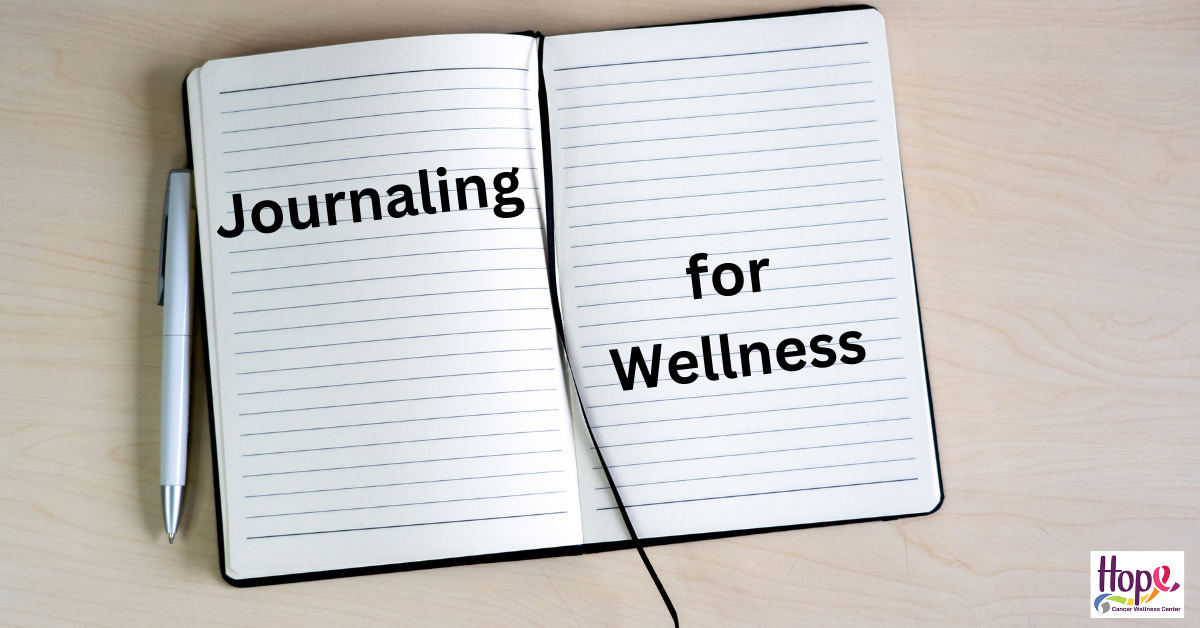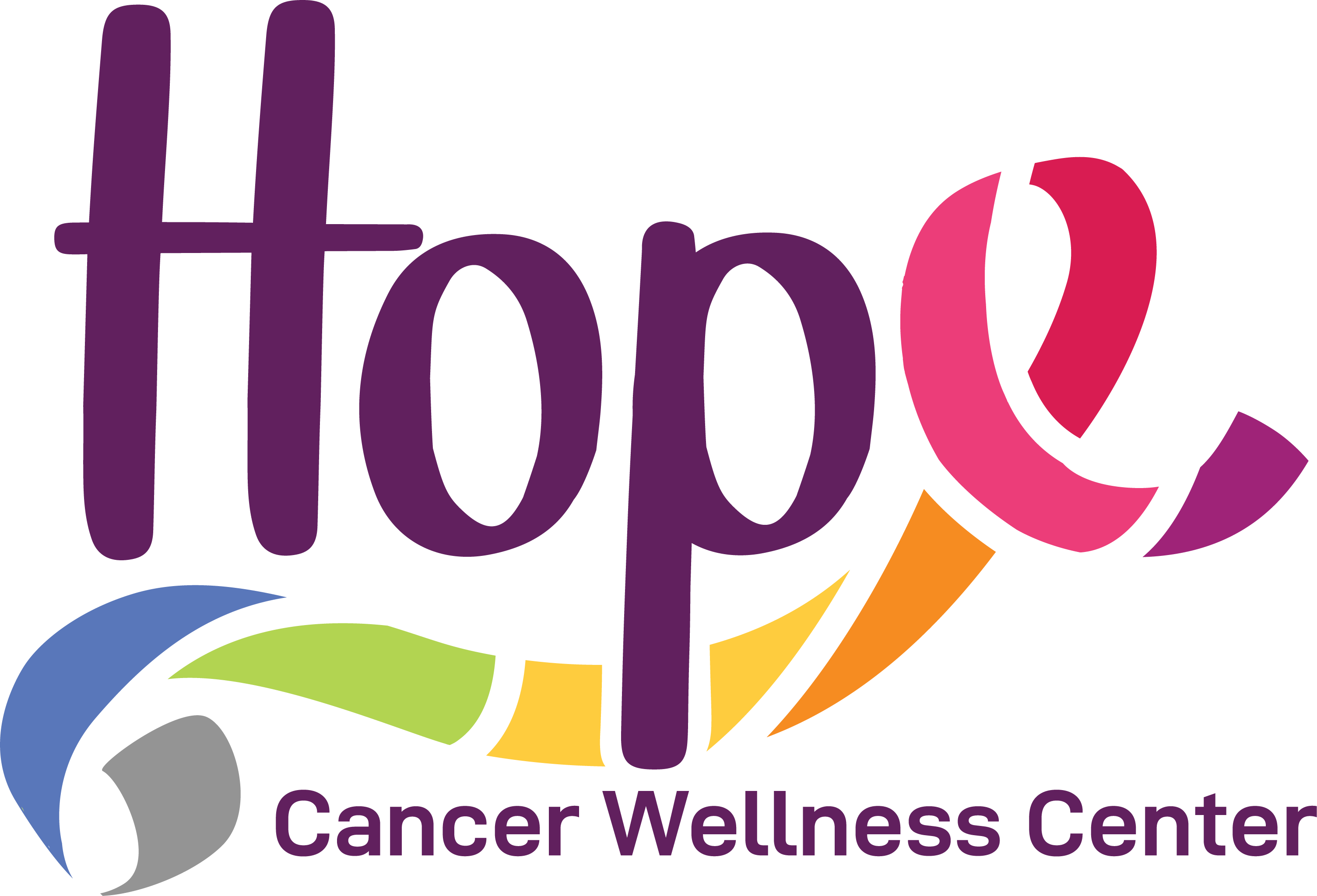
Journaling for Wellness: A Powerful Tool for Cancer Patients, Survivors, and Caregivers
In the face of cancer, whether in treatment or as a survivor, emotions can be overwhelming. The rollercoaster of fear, hope, anger, relief, and sadness can leave anyone struggling to process it all. That’s where journaling for wellness comes in. This simple yet powerful practice can serve as an emotional outlet, offering a safe space to explore and express feelings. Journaling can be an invaluable tool for cancer patients, survivors, and caregivers alike, providing a sense of control and clarity amid the uncertainty.
Why Journaling?
Journaling is a deeply personal practice that allows for reflection, self-expression, and emotional release. It offers numerous psychological benefits, especially for those going through significant challenges like cancer treatment or recovery. While it may seem like just a creative or reflective activity, research shows that journaling can provide therapeutic benefits. It can help reduce stress, improve mood, and even enhance immune function.
For cancer patients, journaling allows a way to express what may be difficult to say out loud to family, friends, or healthcare providers. It can serve as a coping strategy, helping individuals work through complex emotions and deal with the mental toll of treatment. For survivors, journaling can aid in processing the emotional aftermath of cancer, helping them adjust to life after treatment and find a new sense of normalcy. And for caregivers, journaling provides an outlet for their own emotions, offering space to reflect on their caregiving journey and maintain emotional balance.
The Benefits of Journaling for Wellness
- Emotional Expression and Stress Relief
Journaling provides a safe space for expressing complex emotions. Writing things down can help release pent-up feelings and make it easier to understand and process them. Whether you’re angry, scared, or grateful, journaling allows you to get those feelings out without judgment. The act of writing itself can help relieve stress and create a sense of calm and clarity. - Improved Self-Awareness
Journaling helps individuals become more self-aware. By putting thoughts on paper, you can better understand your reactions, thoughts, and emotions. This enhanced awareness can lead to better self-care choices, improved emotional regulation, and a greater sense of inner peace. In the context of cancer, where emotions can be intense, journaling provides a way to connect with and better understand yourself. - Coping Mechanism
Cancer treatment can often feel isolating, and many patients experience feelings of fear, frustration, or loneliness. Journaling gives people a way to channel these emotions constructively. By writing about their journey, patients and caregivers can document their experiences, challenges, and triumphs, creating a valuable record for both healing and reflection. - Gratitude and Positivity
Journaling can also be a tool for cultivating gratitude. When facing cancer, it’s easy to get caught up in the negatives. However, by making a daily habit of journaling about moments of positivity or things you’re thankful for, you can shift your focus and improve your emotional outlook. A gratitude journal can help individuals notice the small victories and beautiful moments, even during tough times. - Problem Solving and Goal Setting
Cancer patients and survivors often face many obstacles. Journaling can help you sort through challenges by allowing you to express fears or doubts on paper. This often leads to increased clarity and better decision-making. Journaling can also be used for goal setting, whether it’s for the short-term recovery process or longer-term emotional healing.
How to Get Started with Journaling for Wellness
Starting a journaling practice doesn’t require much—just a pen and paper, or a digital device if you prefer. The beauty of journaling is that it can be as structured or freeform as you want it to be. Here are some simple steps to get started:
- Create a Comfortable Space
Find a quiet place where you feel comfortable and relaxed. This space should feel safe and peaceful so you can be open and honest in your writing. Whether it’s a cozy corner, a park bench, or your favorite chair at home, the environment should allow you to focus without distractions. - Start Small
It’s easy to feel overwhelmed by the idea of writing every day, especially if you’re in the middle of treatment. Start small by setting aside 10–15 minutes a few times a week. As the habit develops, you can gradually increase the time and frequency of your journaling. - Write Freely
There’s no right or wrong way to journal. Don’t worry about grammar, spelling, or punctuation. Just let your thoughts flow. If you’re unsure where to start, focus on how you’re feeling in the moment. You might find that once you begin writing, the words will come naturally. - Be Honest with Yourself
Journaling is a private practice, so allow yourself to be honest and vulnerable. Don’t censor yourself or worry about what others might think. Use this time to explore your emotions without judgment, offering yourself the space to express everything you’re feeling. - Review and Reflect
Every now and then, go back and read what you’ve written. Reflecting on your entries can help you see how much you’ve grown, how your feelings have changed over time, and how far you’ve come. It can also help you spot patterns in your thoughts and emotions that may need further attention.
Sample Journaling Prompts for Cancer Patients, Survivors, and Caregivers
Sometimes, starting is the hardest part. If you’re not sure what to write, here are some sample journal prompts to get you started. These prompts are tailored for cancer patients in treatment, survivors, and their caregivers:
- For Cancer Patients
- “What are three things I am grateful for today, no matter how small?”
- “How am I feeling about my treatment today? Are there any specific fears or worries I need to express?”
- “What support do I need right now that I’m not getting? How can I ask for it?”
- “What has been my biggest source of strength during this journey?”
- “How can I find moments of peace or joy during difficult days?”
- For Survivors
- “What is the biggest lesson I’ve learned from my cancer journey so far?”
- “How do I feel about life after treatment? What are the things that excite me, and what challenges do I face?”
- “Who or what has helped me heal the most since completing my treatment?”
- “What are the things I am most proud of from this experience?”
- “How can I continue to take care of myself, physically and emotionally, now that I’m in remission?”
- For Caregivers
- “How am I taking care of myself today? What can I do to replenish my own energy?”
- “What has been the hardest part of being a caregiver, and how am I coping with it?”
- “What has brought me joy while supporting my loved one through treatment?”
- “How can I set boundaries to maintain my own well-being while caregiving?”
- “What support or resources do I need to feel more balanced in my caregiving role?”
Conclusion
Journaling for wellness can be a deeply transformative practice for cancer patients, survivors, and caregivers. It offers a powerful way to express emotions, gain clarity, and navigate the ups and downs of the cancer journey. Whether you’re using journaling to cope with the challenges of treatment, reflect on your healing process, or care for your own emotional health as a caregiver, writing can provide a path to healing, self-discovery, and peace.
So grab your pen, and start journaling your journey today. You may be surprised at the power it holds.
